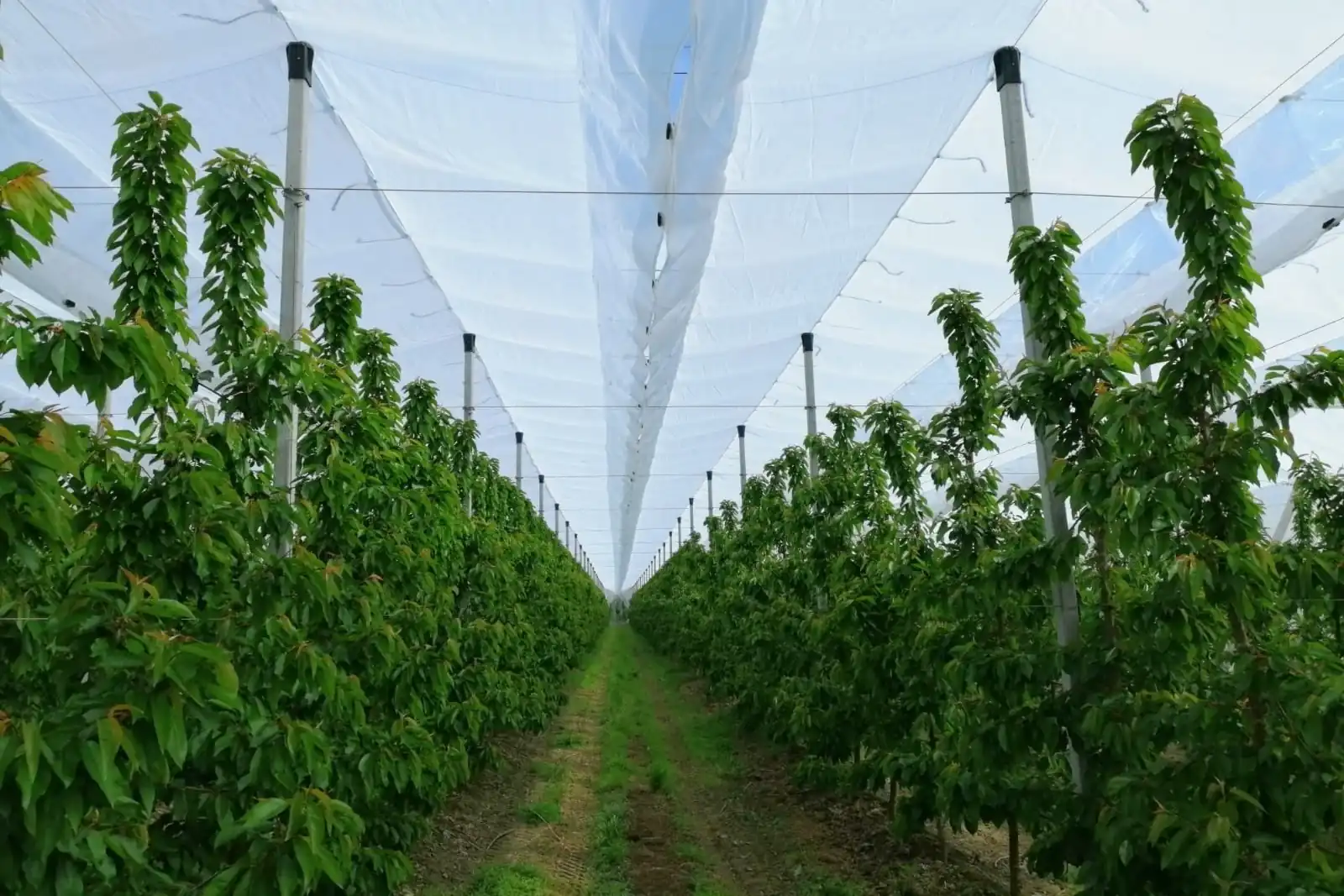Michigan cherry growers, grappling with a crisis exacerbated by climate change, have turned to the federal government for assistance.
Unpredictable weather
As reported by Grist last month, unpredictable weather patterns have strained cherry growers over the past year, pushing many to the brink of bankruptcy. Last fall, the U.S. Department of Agriculture approved Michigan Governor Gretchen Whitmer's request for emergency aid through a federal disaster declaration, aimed at covering crop losses.
"None of us really want to get to the point where it's considered a disaster, and now we're here," said Raul Gomez, director of operations at Wunsch Farms, to Grist.
The problem, however, is not limited to Michigan. Economist Ernie Goss of Creighton University explained to Grist that farms across the country are facing similar difficulties, with some regions, like the Midwest, facing the onset of an agricultural recession. The main causes of this crisis include extreme weather events, rising labor and production costs, imbalances in global supply and demand, as well as declining farmer revenues and disaster relief subsidies.
"Every industry, every person, faces hardship at times, and this is our difficult time," said Leisa Eckerle Hankins, a fifth-generation Michigan cherry grower, to Grist. "That's why we're coming together to figure out how we can change things."
Insurance and federal aids
According to Grist, Michigan is responsible for 75% of the tart cherries produced in the United States and one-fifth of the national sweet cherry production. Unfortunately, due to adverse weather conditions, a 75% loss of the state's sweet cherry crop was recorded by the end of the season.
"An unusually mild winter followed by a warm, wet spring, marked by torrential rains, left much of the fruit to rot on the trees," Grist explained. "This led to an explosion of fungi and pests. Diseases like brown rot compromised the quality of several varieties and reduced the crop quantity."
To make matters worse, many farmers face the common problem of limited access and high costs of crop insurance, preventing them from protecting themselves from such substantial losses.
Grist also highlighted that small farmers seeking federal disaster aid often encounter obstacles in terms of eligibility and coverage requirements. According to 2022 USDA Economic Research Service data, only 13% of the approximately 1.9 million farms in the United States had enrolled in a crop insurance plan.
What are the solutions?
For the moment, federal government assistance represents the main way out for Michigan cherry growers, who are trying to overcome last season's losses. Grist outlined some of the strategies adopted to adapt to the constant changes.
"Many growers are adapting to market difficulties and climate change by planting different varieties or adopting high-density orchards, with trees closer together – an approach that facilitates harvesting, reduces costs, and improves quality," Grist reported.
Isaiah Wunsch, CEO of Wunsch Farms, stressed that the key to survival is "not putting all your eggs in one basket."
Source: TheCoolDown
Cherry Times - All rights reserved










